September 2026
Full time
Four years
Available
Suzhou
Design School
XJTLU undergraduate students earn two degrees: an XJTLU degree recognised by the Chinese Ministry of Education and a globally respected University of Liverpool degree.

Knowledge and skills
By the time you graduate from the BEng Industrial Design programme, you will have:
- developed a specialised skillset with the ability to plan, design, develop, and produce a wide range of physical and digital products, in a variety of contexts;
- attained a comprehensive set of design communication skills, including visual language and form development, to effectively support, render, and enhance your ideas, concepts, and design narratives;
- gained experience in designing, planning, and leading user-focused research initiatives aimed at exploring, analysing, and identifying opportunities for improving the user’s quality of life;
- developed an understanding of the cross-sociocultural implications of designing for different markets and how these factors establish specific design parameters;
- learned about the properties and specifications of a variety of materials, as well as tools, machinery, fabrication, and manufacturing systems;
- gained practical insights into how to leverage behavioural patterns, materials, and technology to foster creative innovation;
- cultivated marketing and product management skills; and
- acquired specialised knowledge and honed the skills and thinking necessary to lead and excel across a spectrum of design disciplines.
Our undergraduate programme is a human-centred creative pursuit grounded in knowledge, ingenuity, tinkering, and experimentation. It is designed to address the needs of tomorrow’s products and systems involving emerging technologies, materials, and behavioural patterns while addressing the needs and requirements of users, clients, and the planet.

Nuno Bernardo
Programme Director
Modules
*Programme modules listed are illustrative only and subject to change. XJTLU students are advised to log in to the e-Bridge Portal to view the effectuated module structure.
Xi’an Jiaotong-Liverpool University offers a wide range of courses in the first year, including English for academic purposes (EAP), mathematics and physics, and humanities and social sciences. Click to learn more.
Industrial Design at XJTLU is very innovative. Teachers from different fields bring together different perspectives of design. Here, students can learn colourful design history, rigorous research logic, interesting model making and other basic design skills. At the same time, there will also be teamwork, presentation, and design thinking. Industrial design not only gives you skills and experience and prepares you to be a good designer in the future, but also gives you a new perspective on life. “Industrial design is designed for the future of mankind.” This is what a teacher told me when I was in Year One. This is the reason why I chose industrial design. Design is free and multidimensional, and it is constantly exploring better ways of life for people. We welcome you to join us to freely explore and improve people’s lives and look forward to the future together.
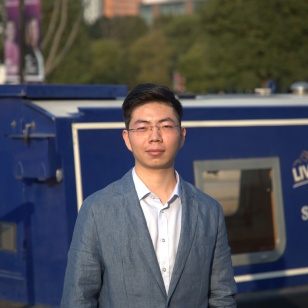
Mingyuan Zhou
A student from China, Zhou earned his BEng Industrial Design degree at XJTLU with First-Class Honours.
Careers
You will be well-equipped to thrive across the ever-expanding landscape of design, which includes not only industrial and product design but also interaction, experience, and service design. You can join research and development teams in multinational enterprises, work as a design consultant or freelance professional, or carve your own path as an entrepreneur. The strong cross-cultural profile of our programme enhances your ability to adapt and succeed in international markets. In addition, you will build a solid foundation for postgraduate study, a path many of our graduates pursue around the world, or for professional roles that demand conceptual thinking, communication skills, and a keen appreciation for creativity, innovation, and user-driven insights.
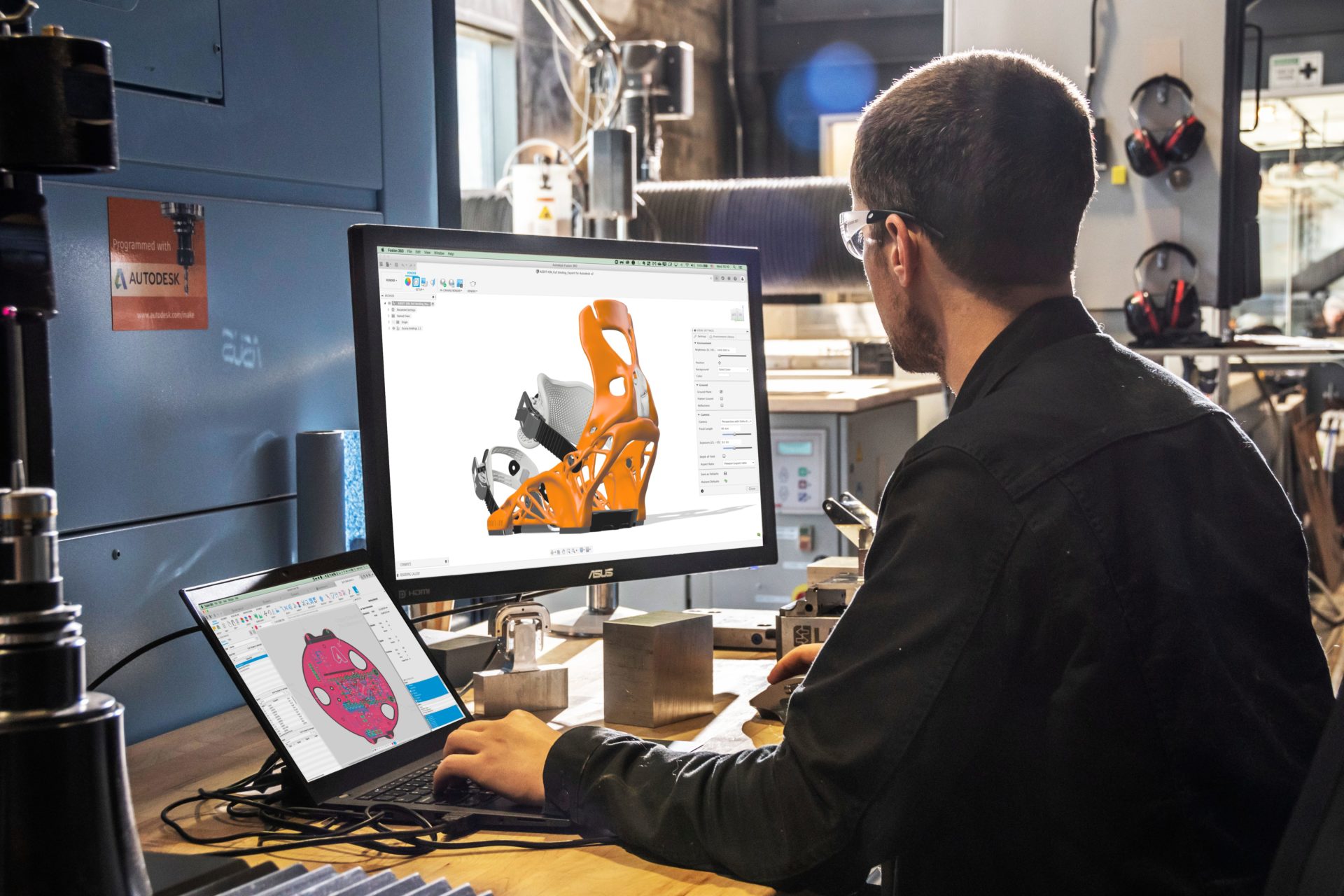






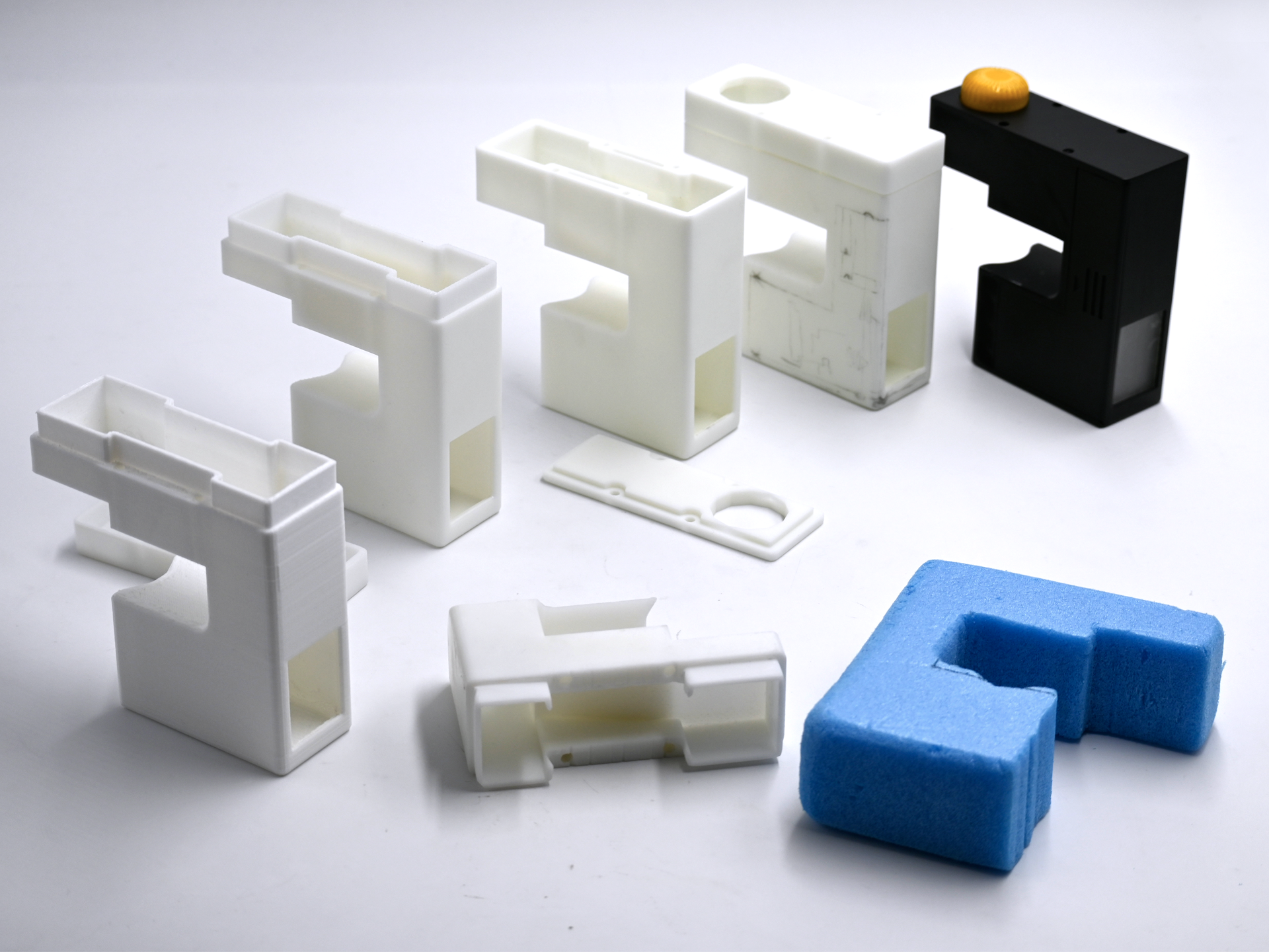
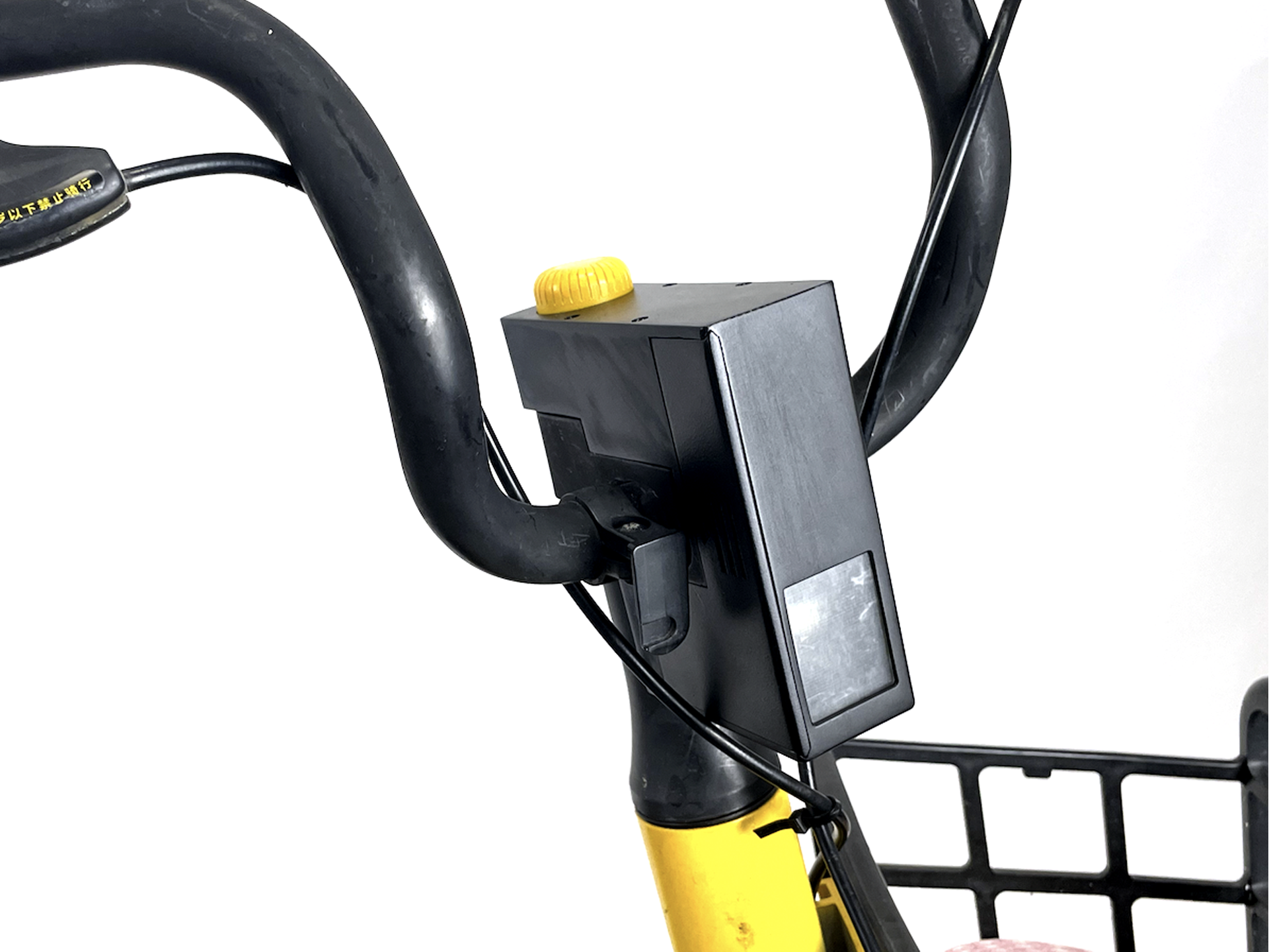
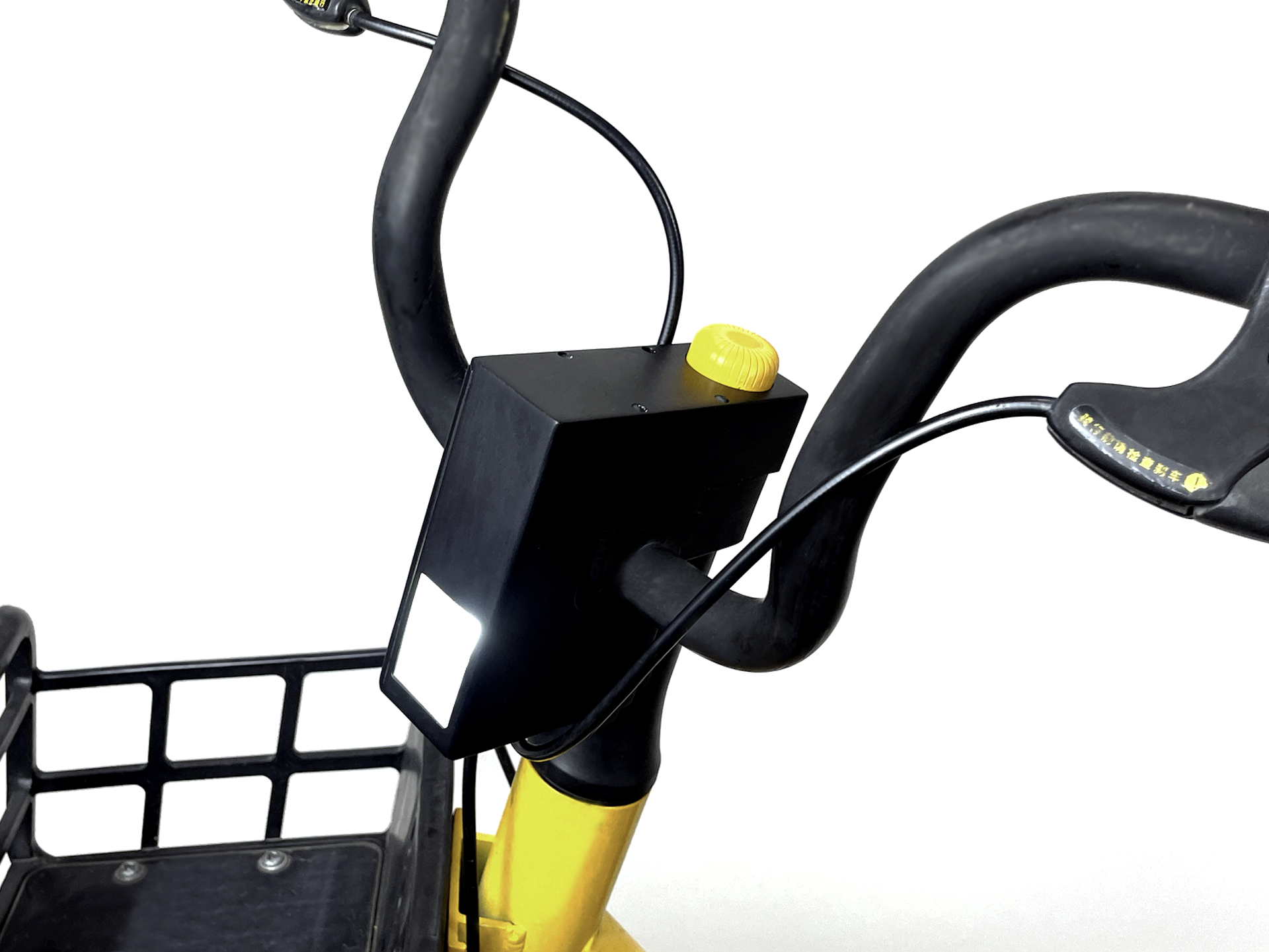
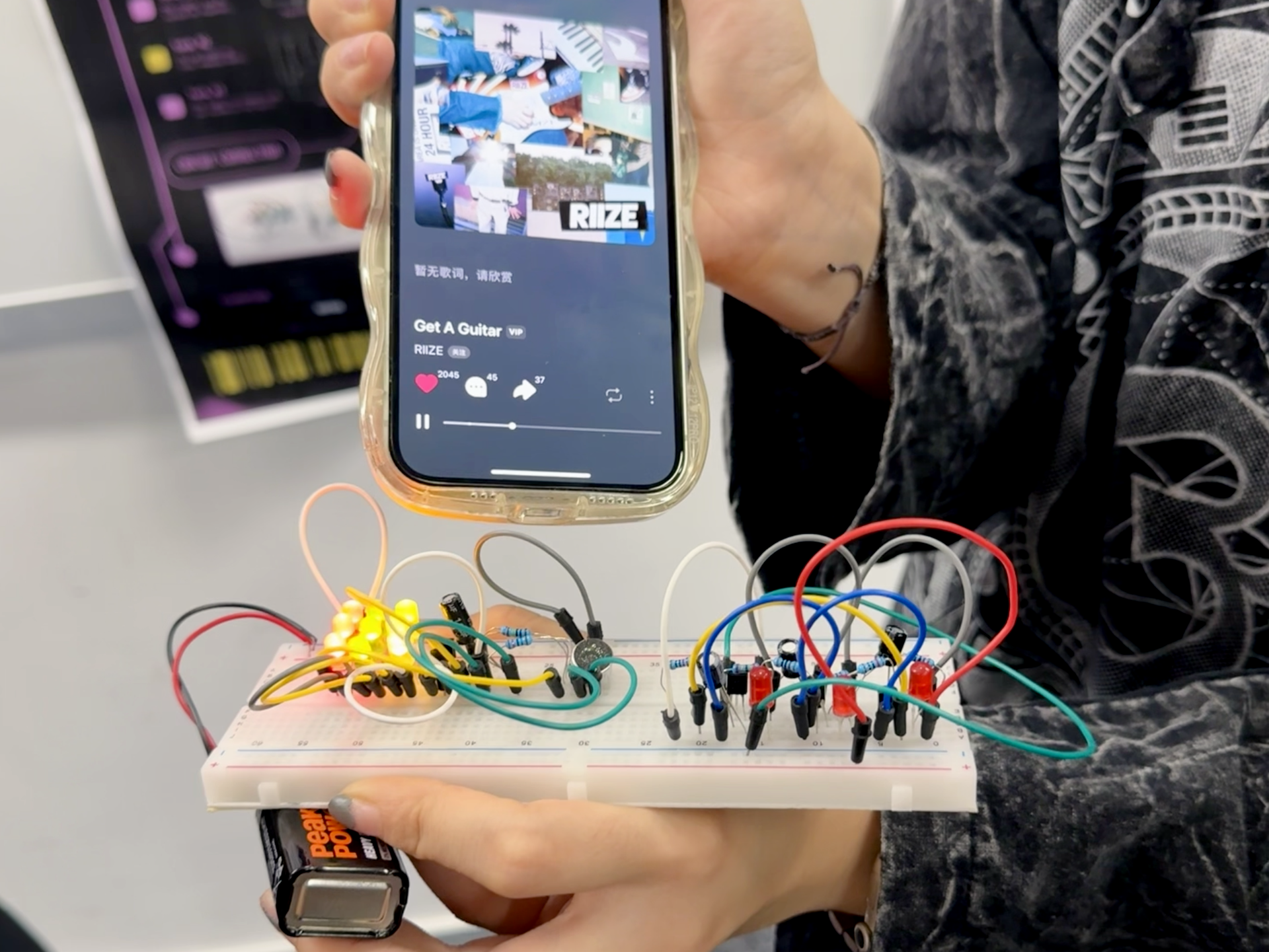
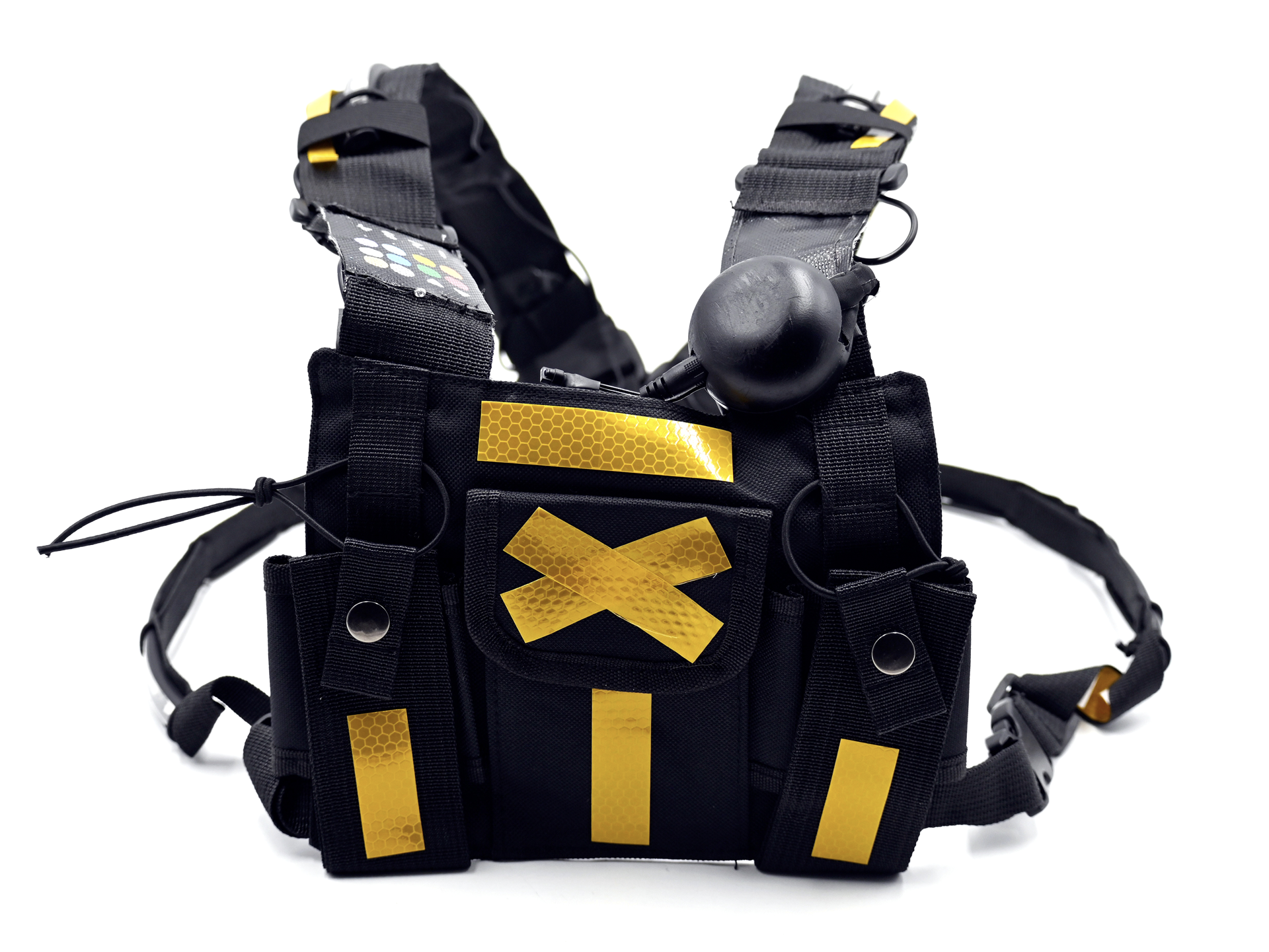
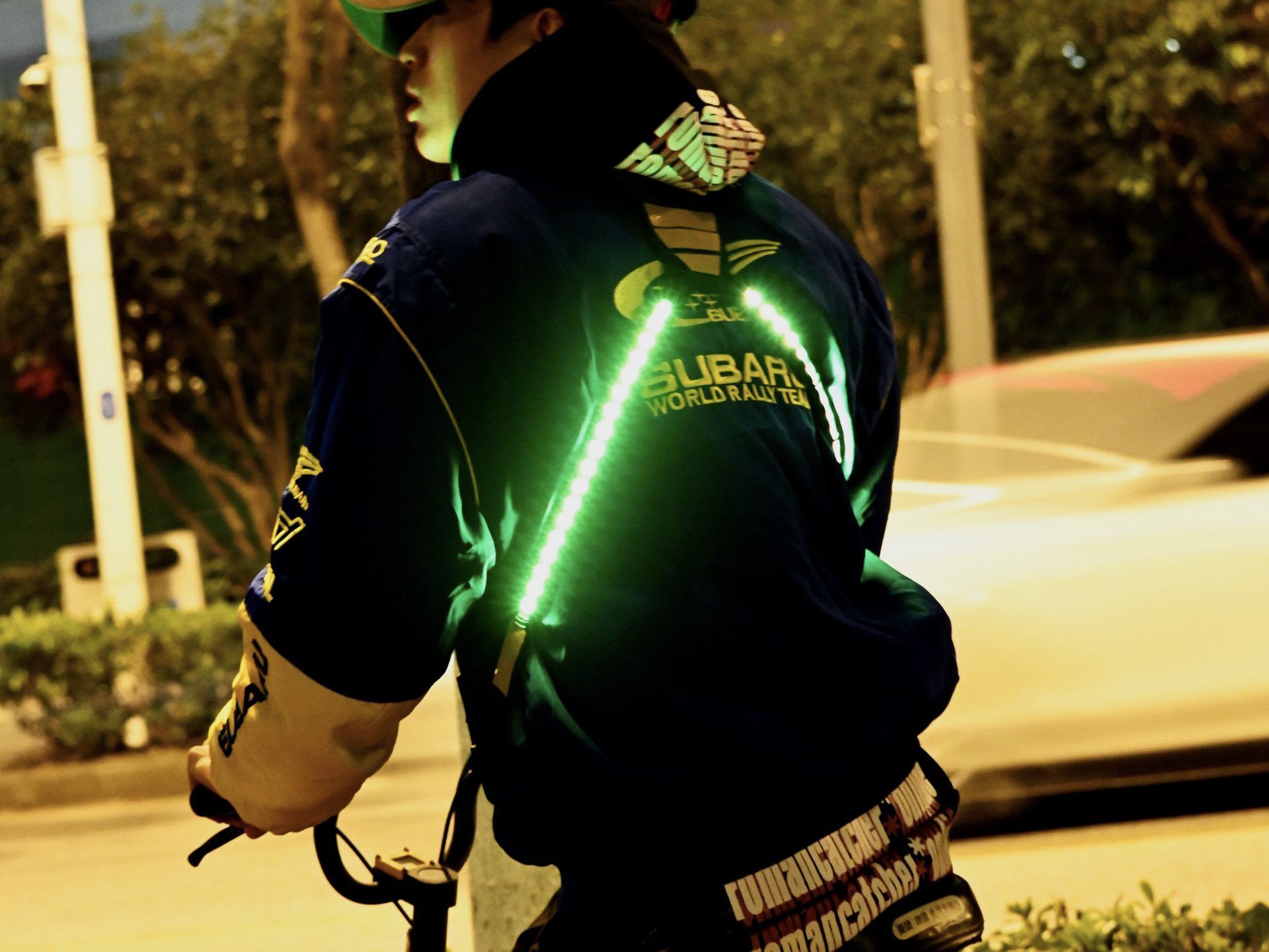

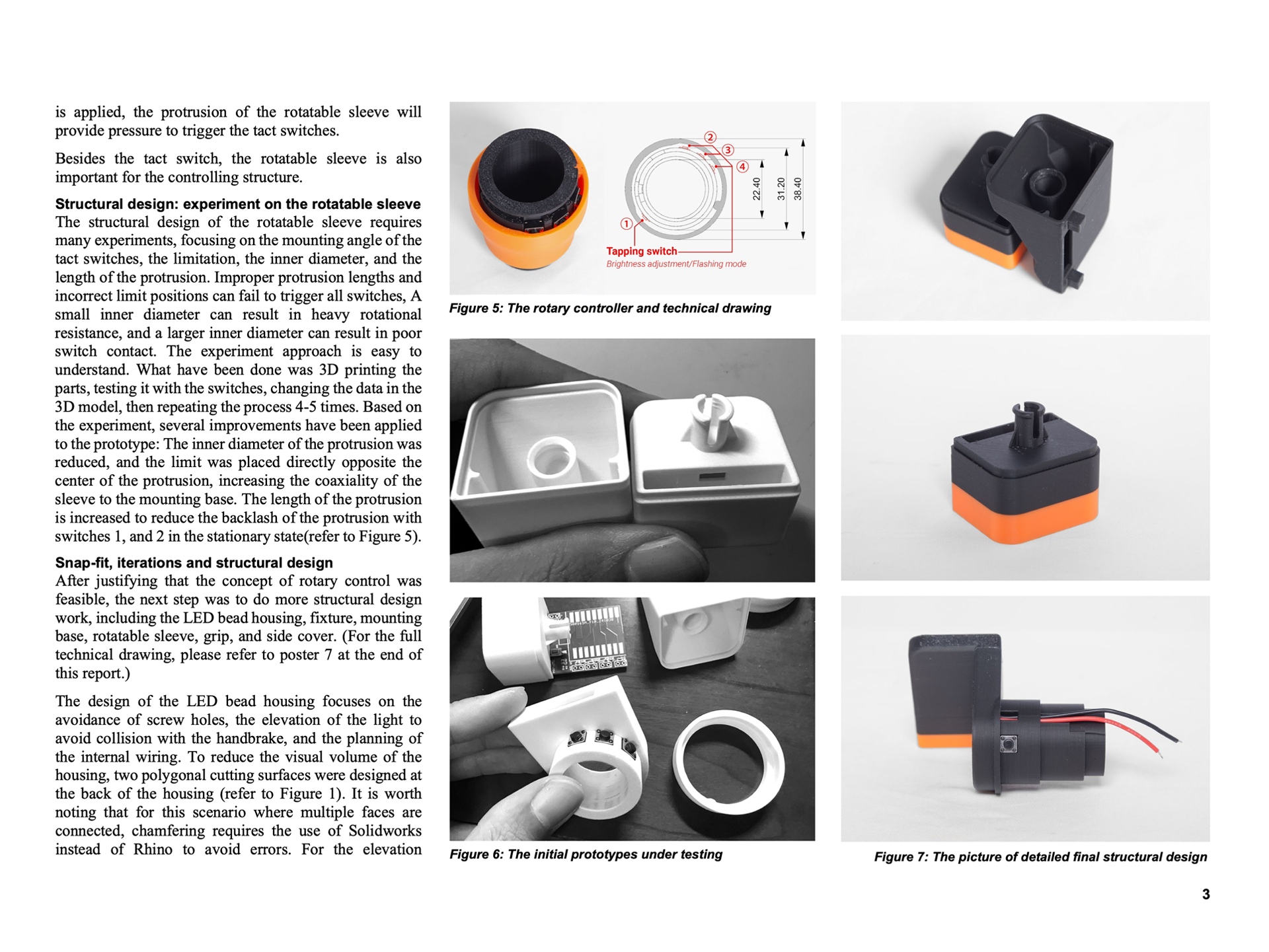
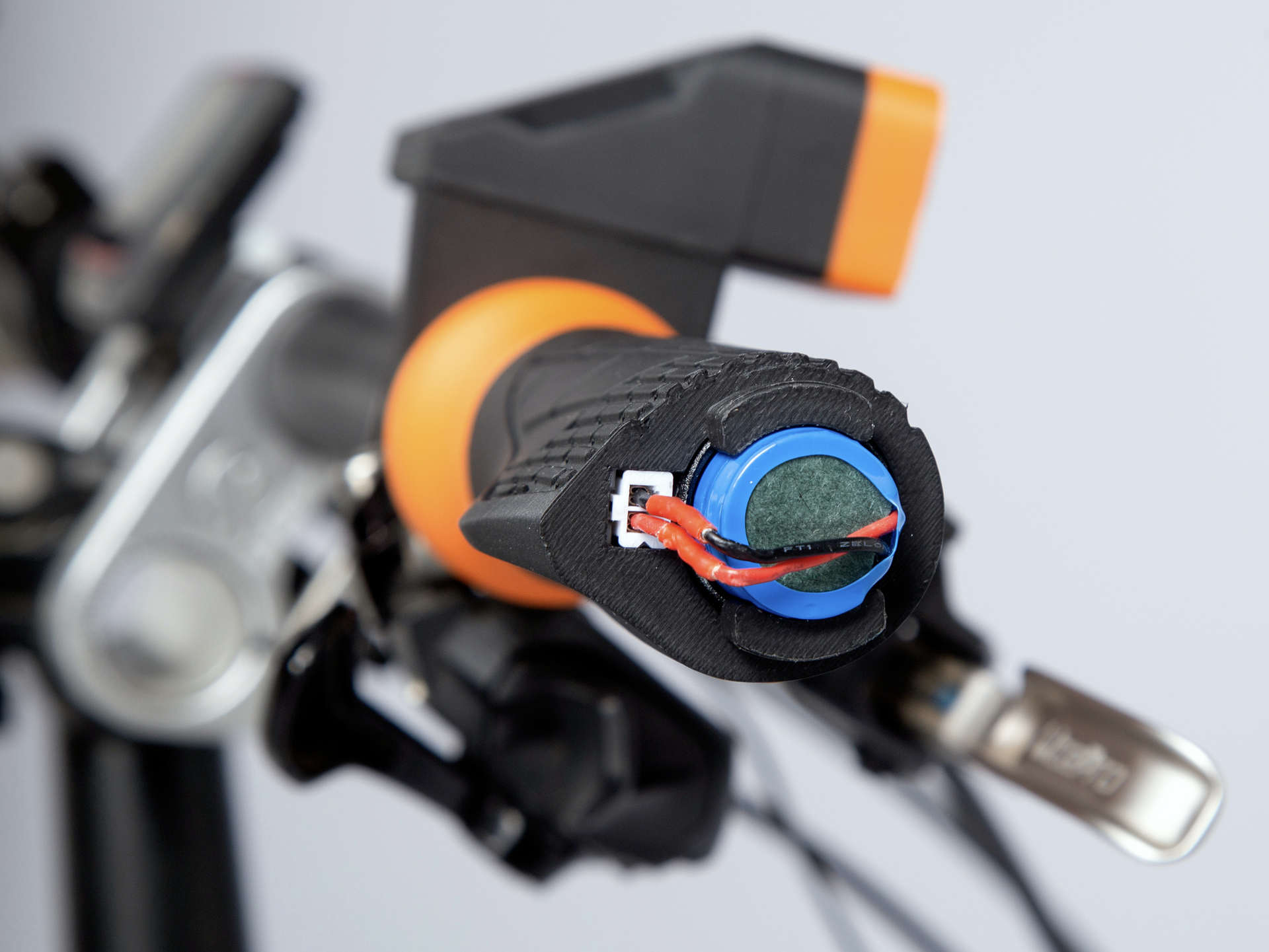

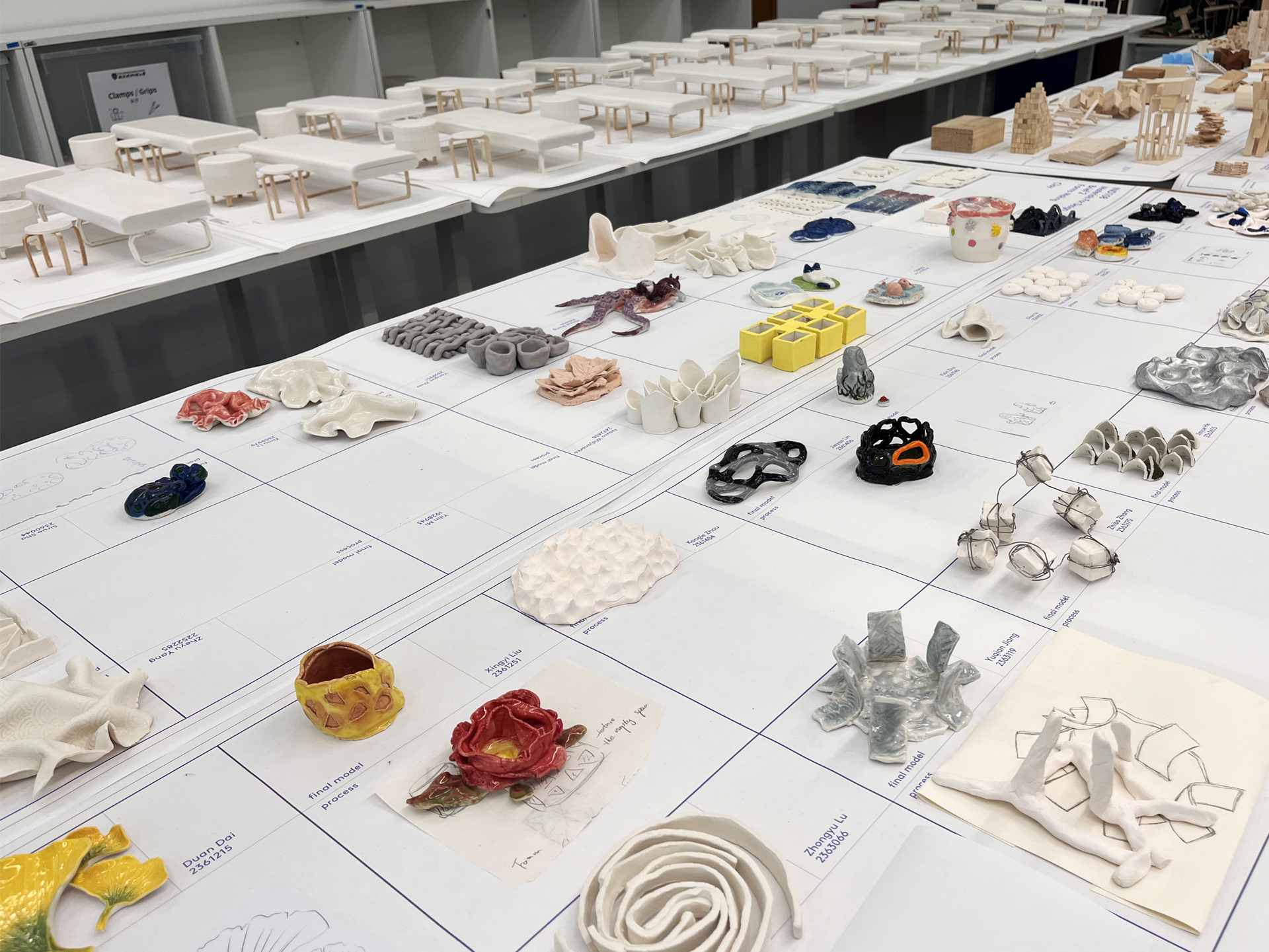
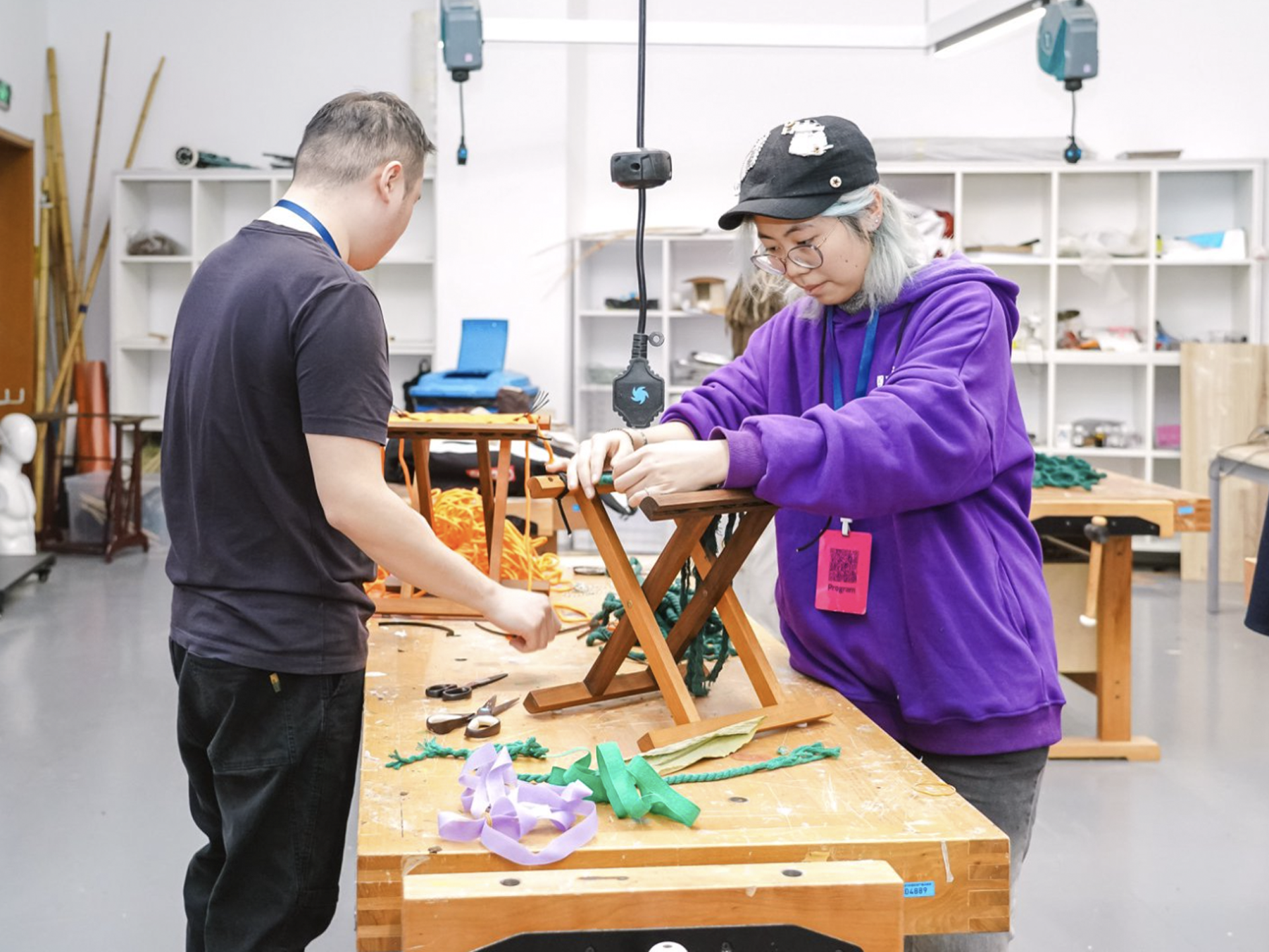
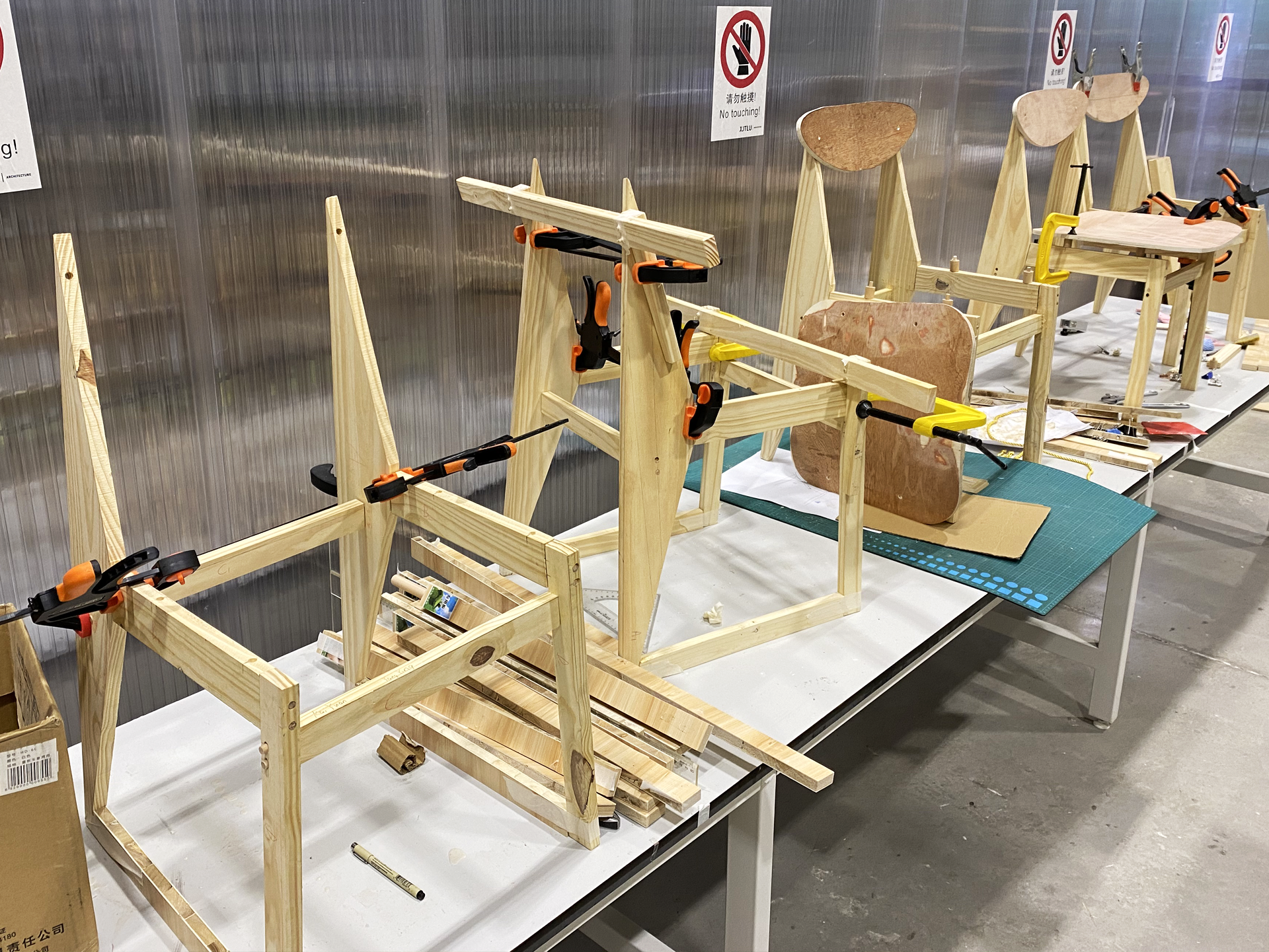
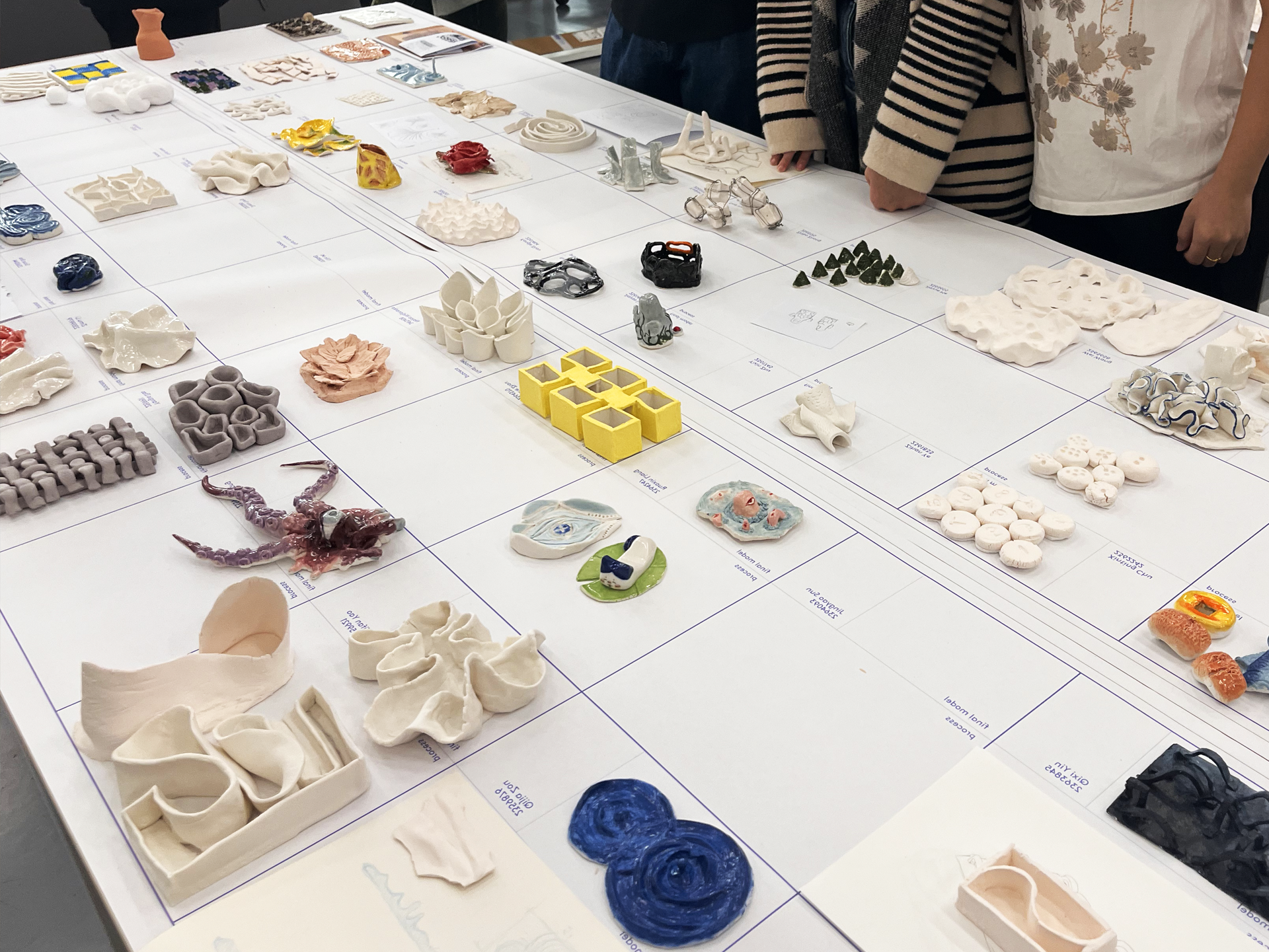
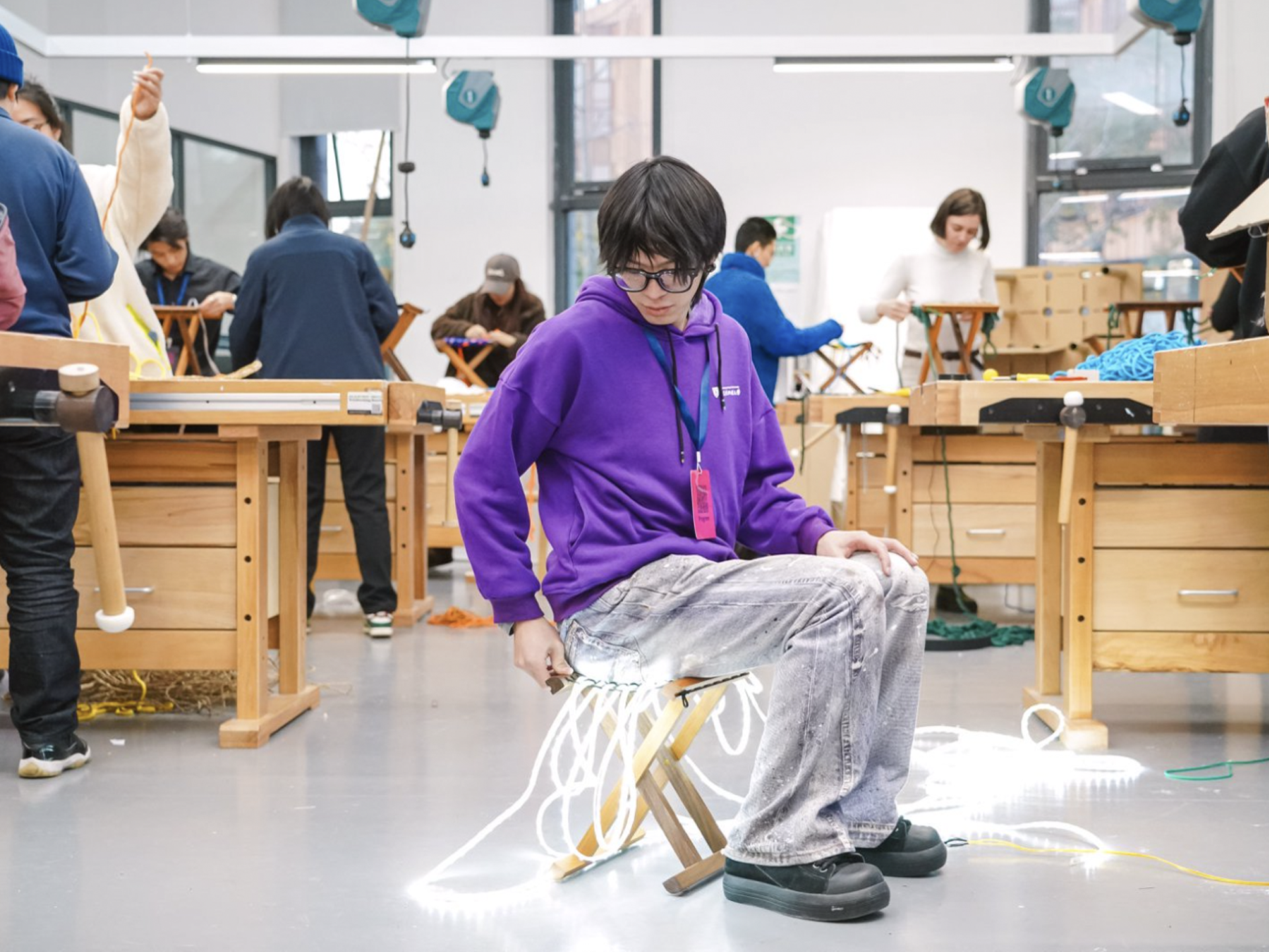


Overview
China is at the forefront of global design innovation, reshaping markets with creative, ingenious, and desirable products. The BEng Industrial Design at XJTLU prepares students to thrive in this dynamic context through a curriculum that combines studio-based practice, cutting-edge technology, and human-centred design thinking.
The programme is:
By combining academic depth with professional practice and global vision, the BEng Industrial Design at XJTLU equips graduates to become innovative designers ready to shape the future of industry and society.
Why should I study Industrial Design at XJTLU?
By studying this programme, you can expect to: